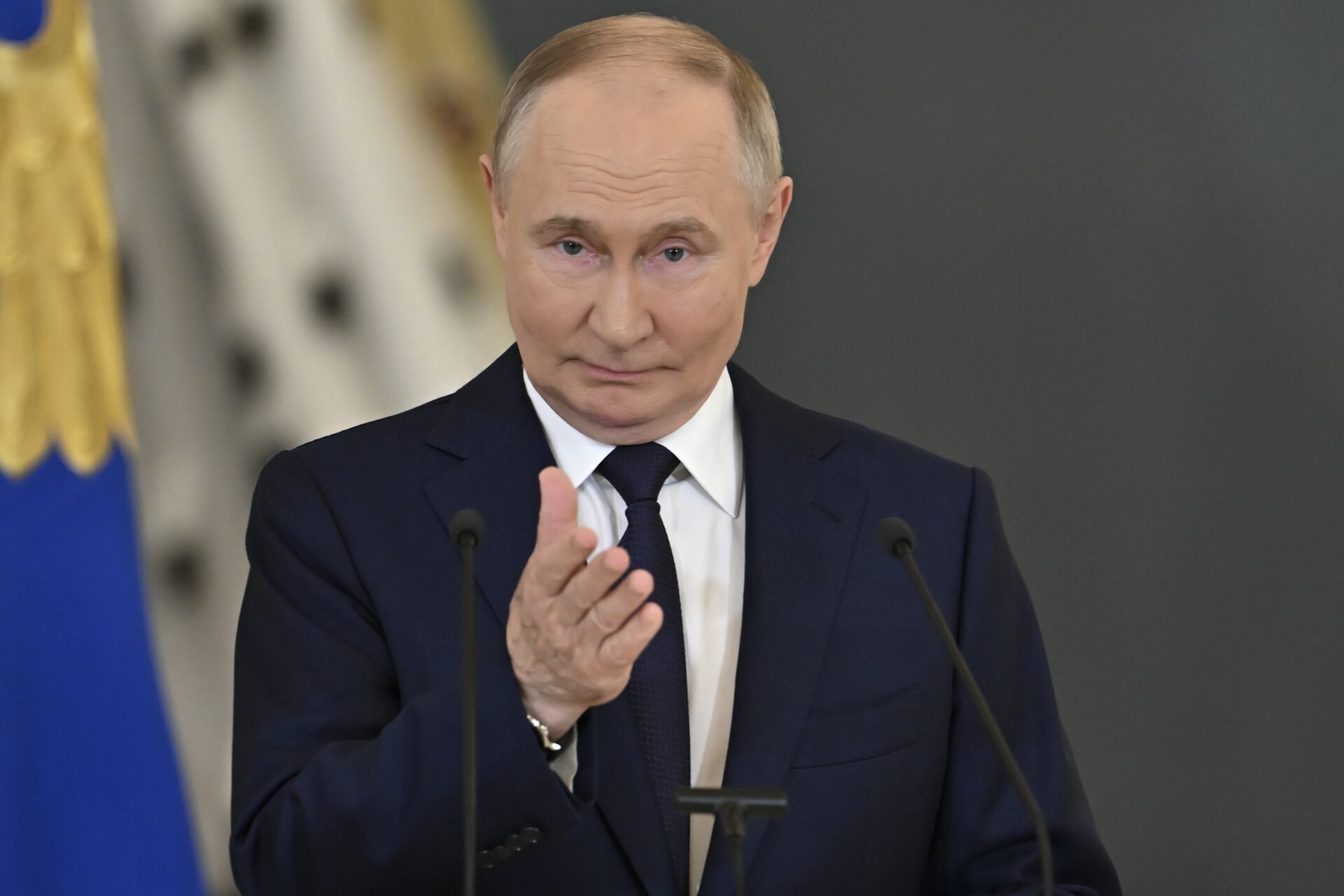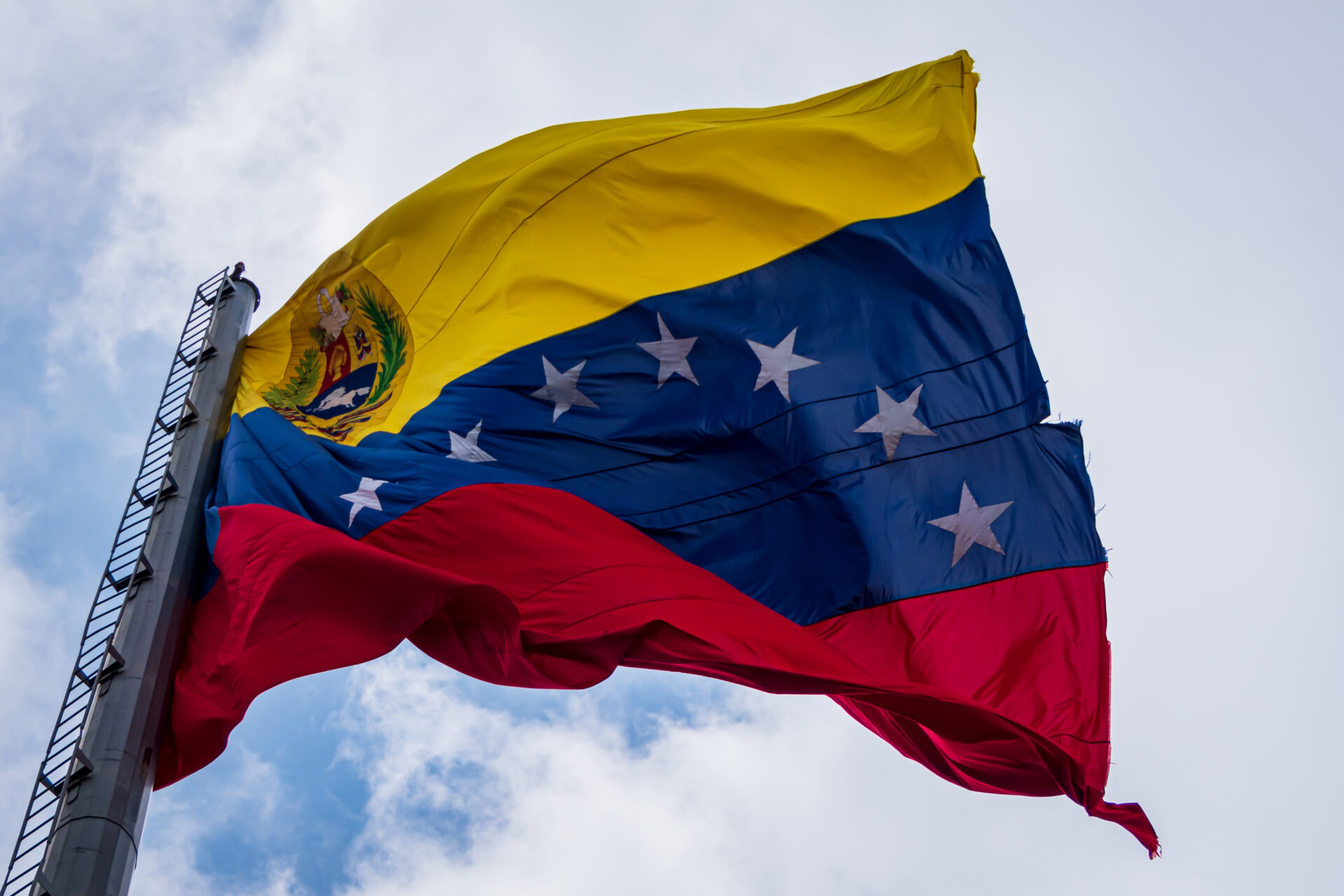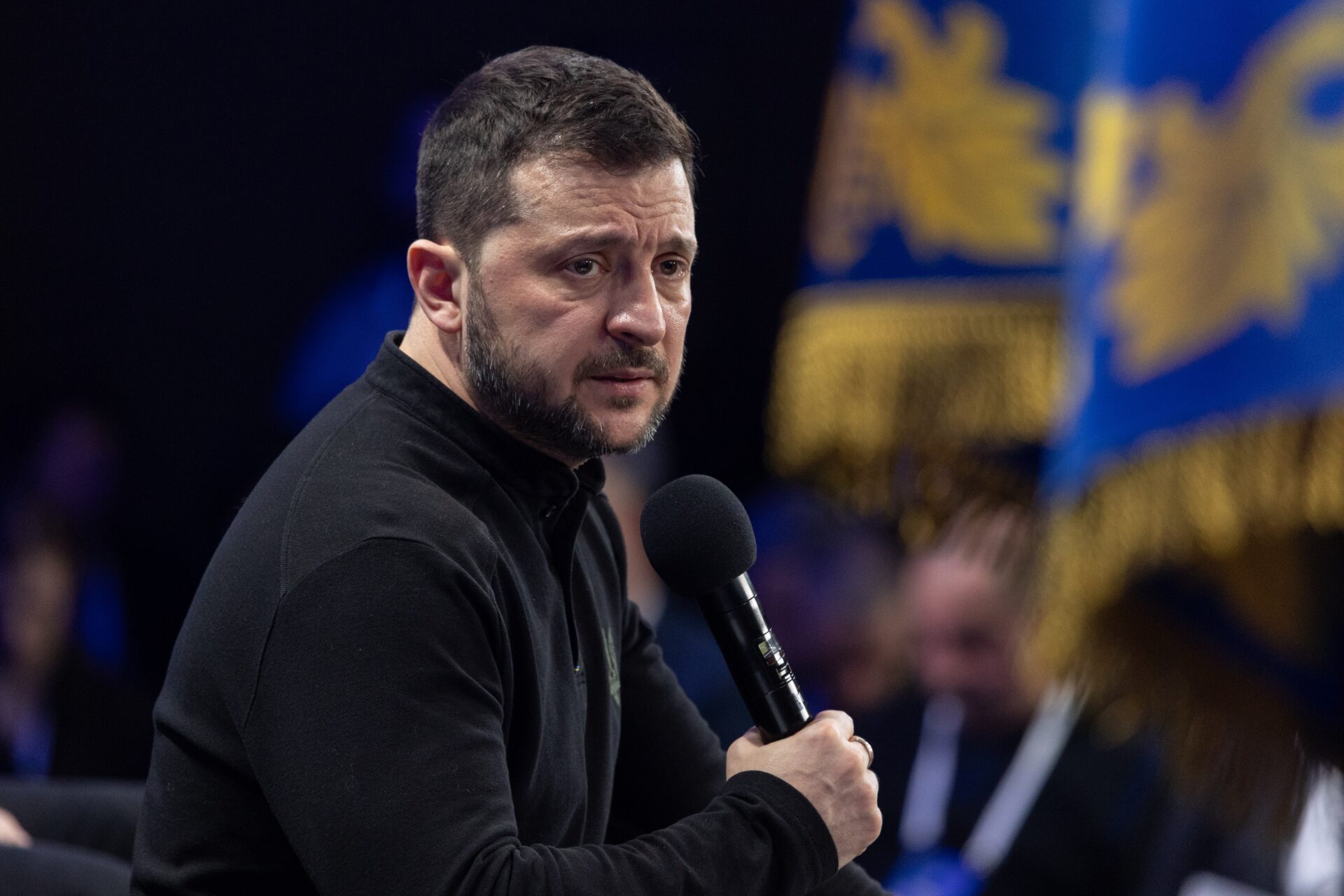
EU and US Announce Coordinated Sanctions Against Russia
The European Union and the United States have implemented a new round of coordinated sanctions targeting Russia’s energy, finance, and technology sectors in October 2025. These measures are intended to exert economic pressure on Russia and encourage peace negotiations in Ukraine. Concerns have been raised regarding the potential impact on global stability and American interests.
Story Highlights
- In October 2025, the European Union and the United States introduced new sanctions focusing on Russia’s energy, finance, and technology sectors.
- The sanctions are designed to compel President Putin to engage in Ukraine peace talks, intensifying Western economic pressure.
- These measures may lead to disruptions in global energy markets, potentially resulting in higher prices, and could further involve American interests internationally.
- Questions persist regarding the effectiveness of sanctions and their potential unintended consequences for American households and industries.
Coordinated Sanctions Indicate Western Strategy
On October 23, 2025, the European Union announced a package of economic sanctions against Russia, aligning with new U.S. measures revealed by President Trump the previous day. These sanctions extend beyond previous energy and financial restrictions to include maritime transport, advanced technology transfers, and limitations on Russian diplomats within the EU. This coordinated effort underscores a unified Western approach to pressure the Kremlin amidst the ongoing conflict in Ukraine.
❗️19th sanctions package against Russia has been adopted by the EU:
▪️ ban on LNG supplies to the EU;
▪️ a complete ban on all crypto services for Russian citizens.
▪️ restrictions on traveling for Russian diplomats;
▪️the list includes 117 more vessels from the Russian shadow… pic.twitter.com/eqFfqO8wDv— Anton Gerashchenko (@Gerashchenko_en) October 23, 2025
Increased Pressure on Russia’s Economic Sectors
By targeting Russian energy exports, including a ban on LNG imports and stricter controls over oil revenue, these sanctions aim to reduce funding for Moscow’s military operations. U.S. measures, effective November 21, specifically target major state-owned oil companies Rosneft and Lukoil. Financial restrictions have been expanded to include cryptocurrency transactions, addressing methods used to circumvent earlier sanctions. While intended to weaken Russia’s military efforts, these actions may also affect global markets, potentially contributing to increased energy costs and economic uncertainty for consumers.
Diplomatic Objectives and Peace Negotiations
This phase of sanctions is linked to diplomatic goals, with both the EU and the U.S. stating their actions are crucial for bringing Putin to the negotiating table. Ukrainian President Zelenskyy expressed support for the measures, and the EU cited the need to uphold international norms and support Ukraine’s sovereignty. Russia has stated that the sanctions are ineffective and continues its military campaign, leading to questions about the ability of economic pressure alone to end the conflict or facilitate meaningful negotiations.
Implications for American Interests and Global Stability
While Western leaders present sanctions as a tool for international accountability, their long-term effectiveness remains a subject of discussion. Previous efforts to isolate regimes have sometimes resulted in economic challenges for citizens, both domestically and internationally. Compliance costs for American and European businesses are reportedly increasing, and global energy prices have shown volatility. There is ongoing discussion that these strategies, while directed at Russia, could potentially affect American economic prosperity, contribute to inflation, and further involve the United States in international conflicts.
Analysis and Policy Considerations
Some analysts caution that an overreliance on economic coercion may lead to unintended outcomes, such as increased global financial fragmentation and a negative reaction to Western influence. For some, the expansion of government authority in foreign policy, the risk of escalating conflict, and the potential threat to domestic economic stability warrant careful consideration. The discussion involves not only actions against Russia but also broader considerations of national values, economic well-being, and constitutional limits on governmental authority.
Watch the report: U.S. imposes sanctions targeting Russian oil companies
Sources:
EU and Russia Timeline – EIFEC
EU Joins US in Heaping More Sanctions on Russia to Push Putin into Ukraine Peace Talks – Military.com
Sanctions Adopted Following Russia’s Military Aggression Against Ukraine – European Commission
Ukraine and Russia Sanctions – U.S. Department of State
EU joins US in heaping more sanctions on Russia to push Putin into Ukraine peace talks – WTOP News


